Think of BMW production in the UK and you might think of Mini’s Oxford site, but the lesser known Hams Hall factory in Warwickshire is celebrating its 20th anniversary this year.
Since the plant opened in 2001, more than five million engines have been assembled and put into BMW and Mini models. Today it makes three and four-cylinder petrol engines at the rate of one per minute, supplying to nine car plants globally, from Oxford to Germany and even the US.
The site also machines specific engine components, producing more than a million engine parts a year to supply other engine factories in Germany and Austria.
The first car to be graced with an engine built at Hams Hall was the E46-generation BMW 316ti Compact. That engine, the first to feature the firm’s Valvetronic variable-valve-lift tech, was awarded International Engine of the Year as a result.
In 2005 came the first BMW engines (2.0-litre units fitted to the Z4) built in the UK and exported to the US and the firm’s Spartanburg plant in South Carolina. A year later, a special facility was installed to hand-build the high-revving 2.0-litre for the 320si, a homologation special born out of the World Touring Car Championship.
From 2006, Hams Hall supplied Oxford with all of its (again award-winning) petrol engines, first for the Mini Hatch and then for the Countryman, Roadster and Coupé. The first longitudinal engines for rear-wheel-drive applications were built there from 2011 for the 1 Series; these were relations of the aforementioned Mini engine family.
Things took a more high-tech turn when Hams Hall became the sole provider of the three-cylinder engine used in the BMW i8 plug-in hybrid sports car. That 1.5-litre engine, which developed 228bhp, had one of the highest specific outputs of the time and again won International Engine of the Year awards.
A healthy injection of money came in 2015 to set up the plant to build a new generation of three- and four-cylinder turbo engines for Minis and BMWs alike. It has since supplied engines for both firm’s PHEVs and now also builds the 302bhp 2.0-litre motor for the Mini John Cooper Works GP and the BMW M135i.
Hams Hall is now gearing up to take on its biggest projects yet (in a literal sense) by taking on production of BMW’s V8 and V12 engine family. And, despite the knock-on effects of Brexit, the plant’s future looks bright.
READ MORE
Opinion: BMW could revive British car manufacturing

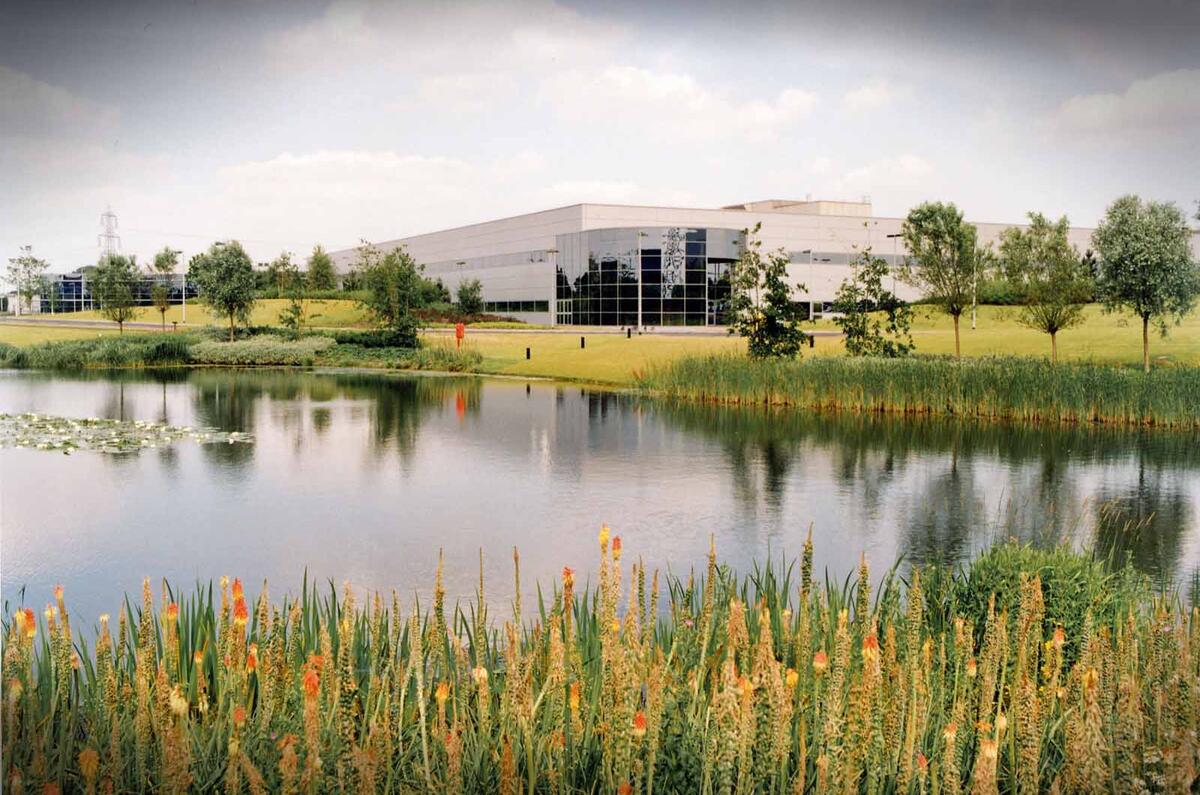
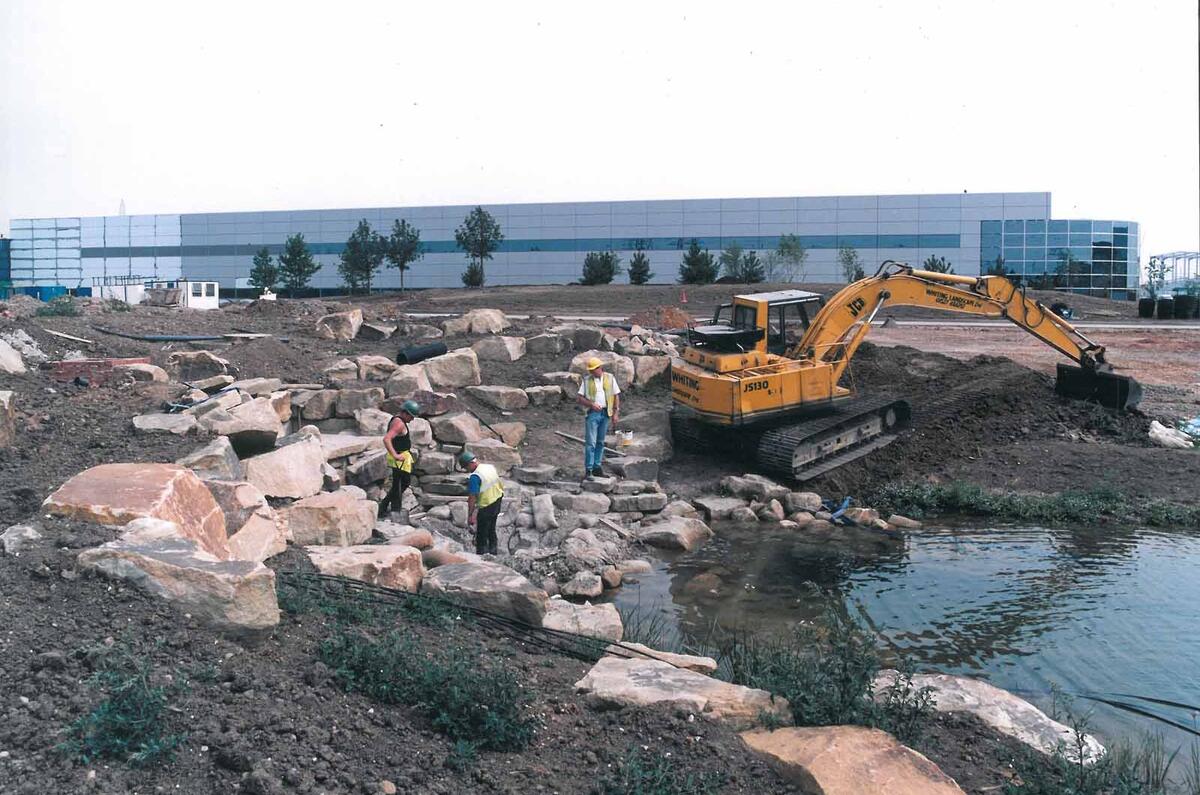
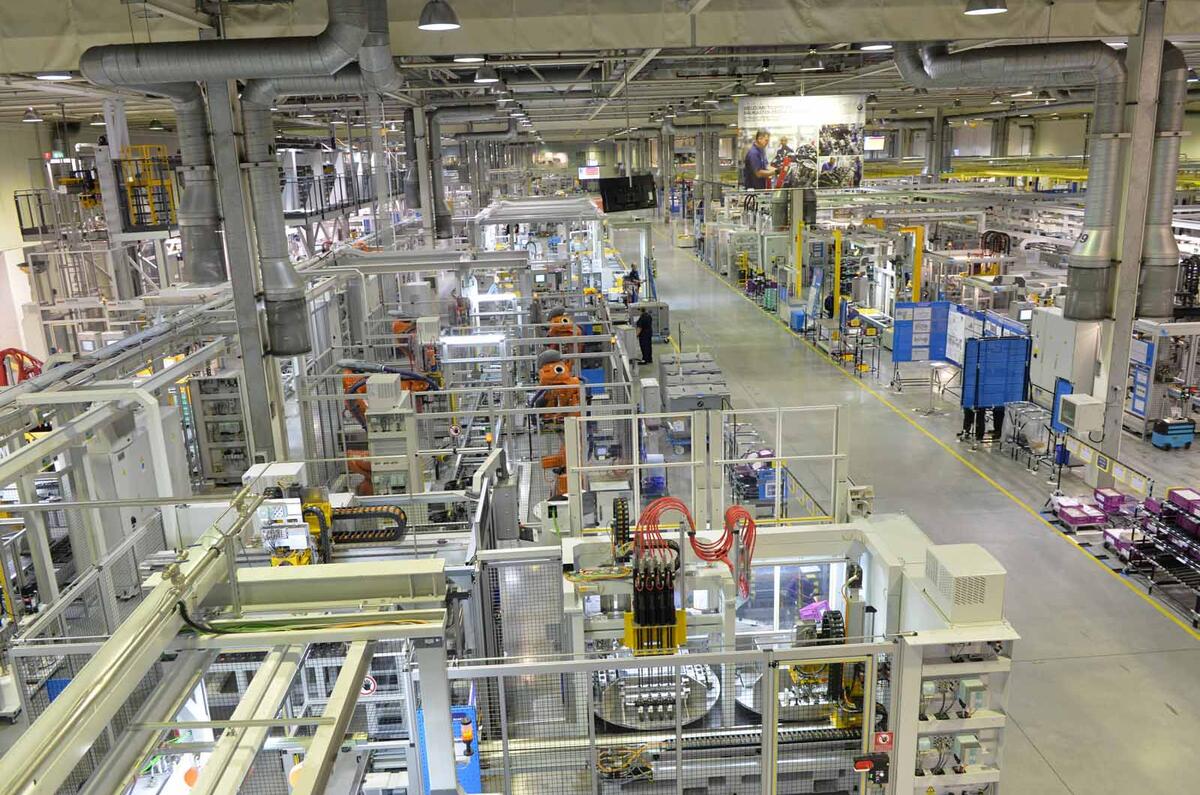


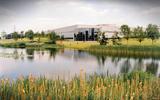
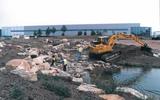
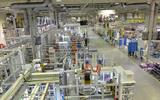
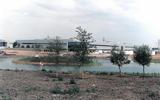
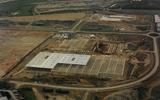


Join the debate
Add your comment
BMW knows that the UK is a critically important market and could be a stepping-stone to other non-EU markets. Great that it has invested in the country, but the wastelands of Longbridge left a lot to be answered for.
Good to see BMW have continued to invest in the UK. Quetion is the long term, with Brexit now a reality and the gradual move from ICE to electric cars, whether Hams Hall will continue production long into the future.
Don't you mean 'in spite of Covid'? For a facility that exported engines around the world and not just to Europe, the future of this facility depends on the global economy, not Brexit.